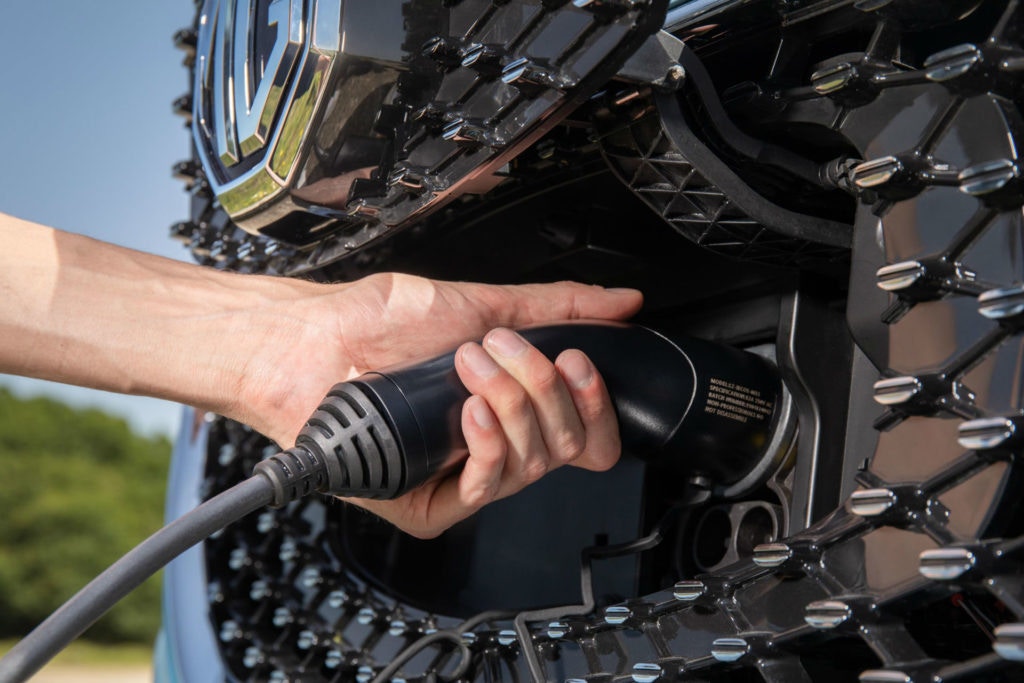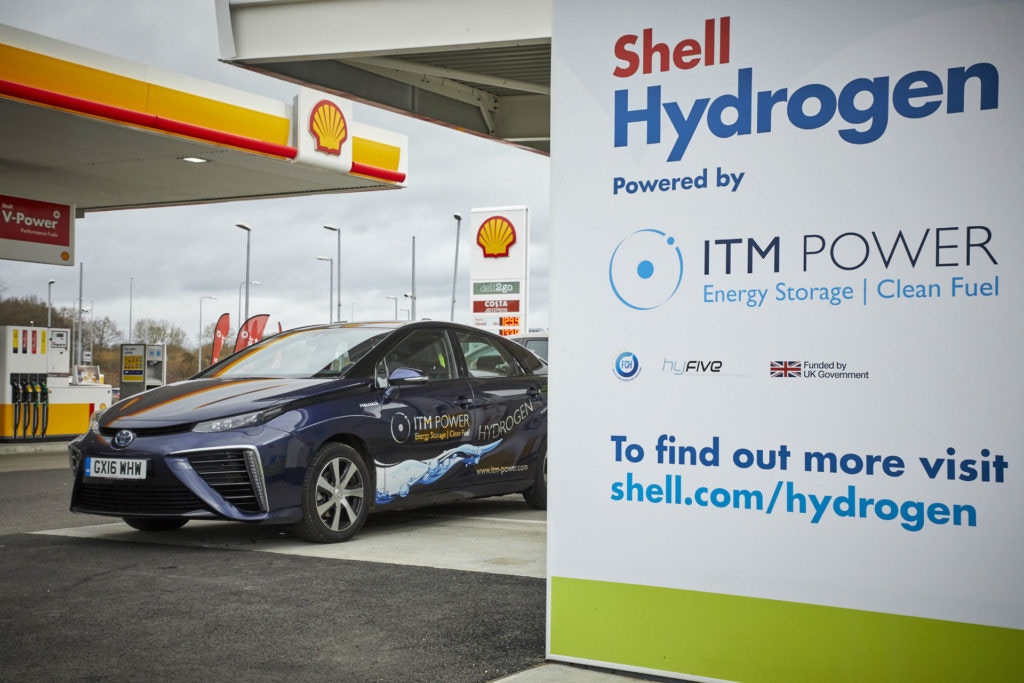Electric cars – should you buy or sell? (2026)
With the 2035 switchover getting closer, it might be time for most petrol and diesel vehicle drivers to think about switching to electric.
Switching to an electric vehicle (EV) can feel like an enormous leap. The huge changes in car prices and running costs in recent years only adds another dimension of confusion.
In this guide, we cover everything from myth-busting range anxiety to knowing what you can expect as we approach 2035.

While EVs can have a much higher initial purchase price than petrol or diesel cars, they offer a great, potentially cheaper way to get around – especially for short journeys.
With many cities in the UK now charging non-compliant internal combustion engine (ICE) vehicles to enter the centre, we’re watching motoring culture evolve and follow greener policies.
There are now Clean Air Zones and Low Emission Zones across the whole of the UK, with more in the works. Signs point to ICE vehicles being increasingly charged, regulated, and restricted over the coming years.
So, should you buy an electric car over a diesel, petrol, or even a hybrid?
Should I buy or sell an electric car explained:
- Where does an EV make sense?
- Should I switch to an EV?
Purchase costs
Servicing costs
Taxation costs
Insurance costs
Fuel costs - How far can electric cars drive?
- Are electric cars the future?
- Making a final decision on buying an EV

When does an EV make sense?
An electric car is a great commuter vehicle, especially in urban areas. If you travel short to medium distances, an EV will suit you perfectly. Even if you travel medium to long distances, an EV can suit you perfectly – you just might have to plan your charge points for longer return trips.
The obvious place an EV saves you money is on fuel. You can set many home charging stations to charge your car overnight when electricity and charging costs are not at peak levels. If you’re just looking for a city runaround, you can be open to EVs with smaller ranges. These cars suit short commutes and if you only find yourself driving 30-40 miles a day, you’ll only have to charge up once a week, or less.
The range of EVs is getting increasingly better, and charging points are getting installed rapidly, so most drivers will not have to worry about running out of charge mid-route.
If you travel into central London regularly for business, an EV will save you a small fortune when it comes to the congestion and ULEZ charges. Fully-electric cars are exempt from both fees, as are all the current PHEVs (plug-in hybrid electric vehicles) on the market as they emit less than 75g/km of CO2.

Should I switch to an EV?
The most important equation when switching to an EV is the comparative long-term value. What will an EV have cost you all in all after five years, versus a compliant ICE vehicle?
The market’s changing all the time, but so far EVs have been more expensive to buy than their petrol and diesel counterparts. Running costs have also been in flux due to the ever-changing fuel prices and taxation levels, so hard to predict.
However, EVs are generally much cheaper to run over time due to lower fuel and maintenance costs as well as lower charges related to emissions.
Purchase costs
If you like your current car, you may be able to find it in an electric version. The cheapest EV on the market in 2024 is the Citroën Ami. This is technically a quadricycle, not a car, and retails at £8,095 – making it not only the cheapest EV but the cheapest car in the UK thanks to its sub-£10,000 price tag.
For ‘proper’ cars, the cheapest EV is the MG MG4 EV Standard Range, coming in at £26,995. This is nearly twice the purchase price of the petrol version or equivalent with the Fiat 500 hybrid, Citroën C3, and Hyundai i10 all priced at under £15,000,
Buying a used EV might be a great way around this price differential. Second-hand electric cars that are three or four years old typically have low mileage. You could get a great deal and avoid the delays and costs associated with buying a brand-new EV.

Servicing costs
A lot of people don’t know that EVs are much cheaper than ICE engine cars to service.
There are lots of myths to bust surrounding electric cars in general, including plenty of fears surrounding the safety of the battery system. But, in fact, EVs benefit from not having to house an intricate engine full of finicky parts.
Although in some parts of the country, you may have to look a bit harder to find a mechanic specialised in servicing EVs, most garages are quickly catching up and getting accredited. EV drivers find that the servicing can be quicker and cheaper than for a conventional car.
It’s important to remember that all cars have major battery systems inside them; fully-electric cars just have bigger ones. So there’s no danger to your EV’s system to drive in the rain, and you shouldn’t worry about the rare battery faults publicised in the news any more than worrying about problems that conventional cars can be prone to, e.g. weak transmission systems, or engines overheating.
Taxation costs
From 1st April, 2025, newly registered EVs will lose their favourable road tax status of paying next to nothing, and will move to the current ’Band B’ which is charged at £10 in the first year. After that, each annual road tax renewal will cost EV drivers £165.
EVs will also have to pay the ‘expensive car supplement’, which applies to cars bought at £40,000 or more. This is paid at an annual rate of £310 along with the annual road tax rate, for the first five years of ownership only.
EVs that were registered between 1st April 2017 and 31st March 2025 will start paying the standard annual rate car tax at £165 from 1st April 2025 too.
If you have an older EV, whether you bought it a while ago or buy it as a used car now, you’ll get away without this hike in road tax.
Low-emission and zero-emission cars that were registered between 1st April 2001 and 30th March 2017 will pay just £20 a year. By the time the changes take place, these cars will be at least eight years old, so it’s worth checking the used market for EVs if you’re considering a switch, to see if it suits you and make the most of low running costs.

Insurance costs
It used to cost more to insure an electric car than an ICE engine car because, when they were rarer, there was less trust in easy and affordable EV servicing.
In 2023, the average insurance premium for EVs ranges between £400 and £1,000, with prices matching premiums found for equivalent ICE models.
This means that, as we approach the 2035 switchover, your EV insurance costs are likely to be equal or lower to your petrol or diesel insurance costs, with differences in premium reflecting your age, history, location, and model.
Fuel costs
It saves a lot of money to install a wallbox for the best value charging. Unfortunately, you can only take advantage of this if you have off-street parking at home.
There is an upfront cost to buy and install the charger, which will charge at 7kWh, compared to 2.3kWh with a regular wall outlet. You’ll benefit from VAT-free charging, so it’s cheaper than at public points.
The pricing for a wallbox can vary significantly from brand to brand. Most will offer installation as part of the price for the charger itself, this is usually in the £800-£1,500 range.
It is important to know that you will need a qualified electrician to install the wallbox regardless of where you buy it. Make sure to factor in the labour costs, although the price saving compared to public chargers will make up for this very quickly.
Current average electricity pricing in UK is at 34p per kW (as of June 2023). A 60kWh capacity car, such as the Nissan LEAF e+, would therefore cost £20.04 to fully charge with a 7kWh wallbox.
Most public charging points offer free parking, even if the charging is a little slower or more expensive than an at-home solution. It will pay to do some research into the best charging spots for you and along the routes you drive.
The charging infrastructure across the UK is mostly privately run and owned; therefore it can be incredibly hit-and-miss. It might take you a bit of research to find a local public charging station that suits you in terms of price, convenience, and location.
How far can electric cars drive?
Often the biggest question surrounding EVs is range. The most common reason for people to avoid switching to fully-electric cars is ‘range anxiety’.
In fact, many people switching to hybrid and plug-in hybrid models do so because it gives them more confidence that they won’t get stuck far from chargers on low fuel.
However, for many drivers’ habits and lifestyles in the UK, EV range does not pose an issue.
The average range of EVs in the UK in 2024 is almost 300 miles, which for most drivers would power two weeks of driving. And there are plenty of models offering much more range, from Mercedes EQS and EQE, to Tesla Model 3 and Model S, BMW iX and i7, Hyundai Iconiq 6, Polestar 3, and Ford Mustang Mach-E, all of which come in above 350 miles.

Batteries perform differently depending on the ambient temperature. On average you’ll lose around 20% of your range in colder conditions. The optimal temperature for electric vehicle batteries are between 15 and 30℃.
However, GEOTAB conducted an analysis of the range of thousands of EVs, and found that even at -20 Celsius, cars can perform to roughly 40% of their usual range. If you do the old-fashioned thing and ‘warm up the car’ a little before setting off, your batteries will be a bit more comfortable during the drive.
Are electric cars the future?
Yes, it’s clear that EVs are the future. Although sales of hybrids and plug-in hybrids are high, they are coming out of production along with full petrol and diesel engines in 2035.
We expect commercial and delivery vehicles to stay diesel-based for as long as they are legally able to. Most vans are diesel, with the next biggest quotient being electric.
Once electric van producers are able to increase range, and once the UK’s charging network is stronger and more affordable, we can expect to see a stronger rate of switch among these bigger, longer-driving vehicles.
These days you can buy any car class as an EV, with a huge new choice among SUV and crossover models.
In the 10+ years since Tesla came out with the Model S, EVs have slowly but surely transformed the marketplace, and we can expect even more changes to pricing and innovation going forward.

Making a final decision on buying an EV
Going electric isn’t as easy as just replacing your old petrol or diesel car with a new one.
There are new habits to include in your motoring, such as planning your charging on longer drives.
And the cost to purchase a new EV is still much higher than a petrol or diesel equivalent, although the running costs are coming down year on year.

The good thing about EVs is there are far fewer moving parts to go wrong, and batteries have been seen to last up to 10 years while only losing about 10-20% of their original capacity. Then, they can be reused as part of your at-home energy set-up, for example storing energy coming from solar panels.
What’s clear is times are changing, and with the government looking to ban the sale of new fossil fuel vehicles by 2035, time is running out for the car industry to show rapid change.

Ready to sell your car?
Ready to learn more about valuing, maintaining, and selling your car? Check out more of our guides here, covering everything from hybrid and electric car depreciation, to converting your car to dual-LPG fuel.
- Electric cars – the ultimate guide
- Electric car FAQs
- Hydrogen cars – the ultimate guide
- Hybrid cars – should you buy or sell?
- CO2 emissions – the ultimate guide
- ULEZ – the ultimate guide
- Birmingham Clean Air Zone
- Do electric cars pay the congestion charge?
- How & where to charge your electric car at home and on the road
- How long does it take to charge an electric car?
- What is a hybrid car and how do they work?
- Do electric cars need servicing?
- Do you pay road tax for an electric car?
- The future of manual cars
- ULEZ compliant cars: the ultimate guide
The information provided on this page is for general informational purposes only and should not be considered as professional advice.